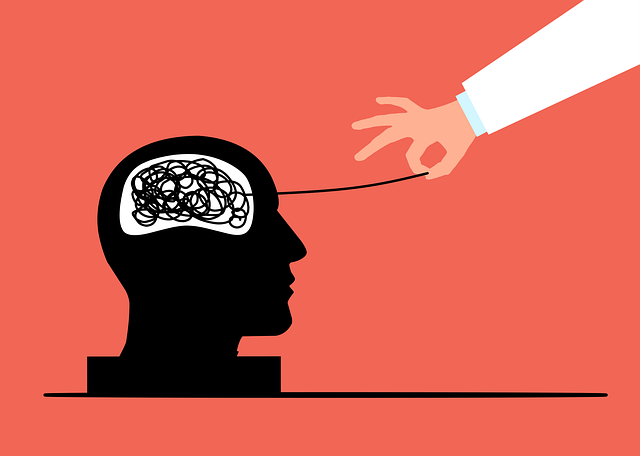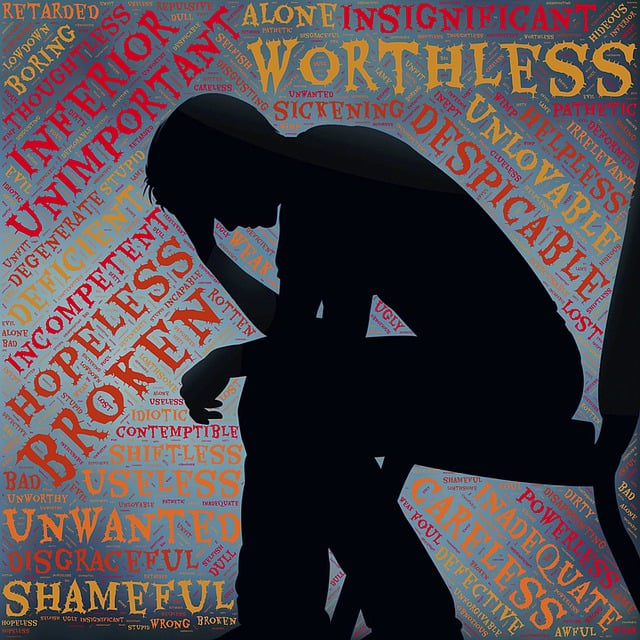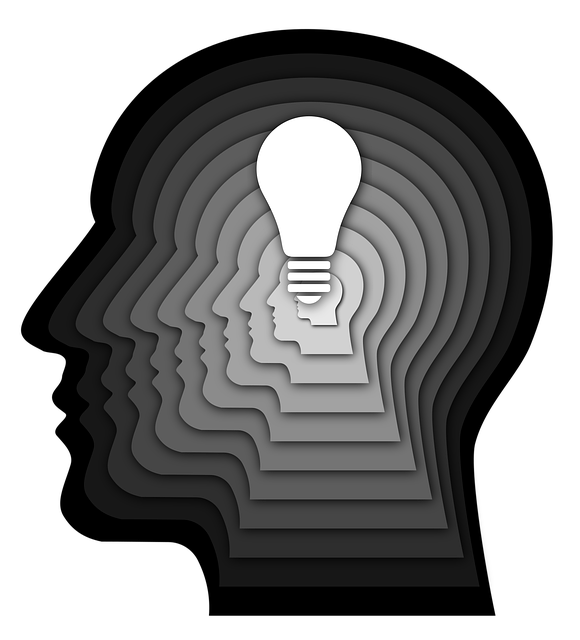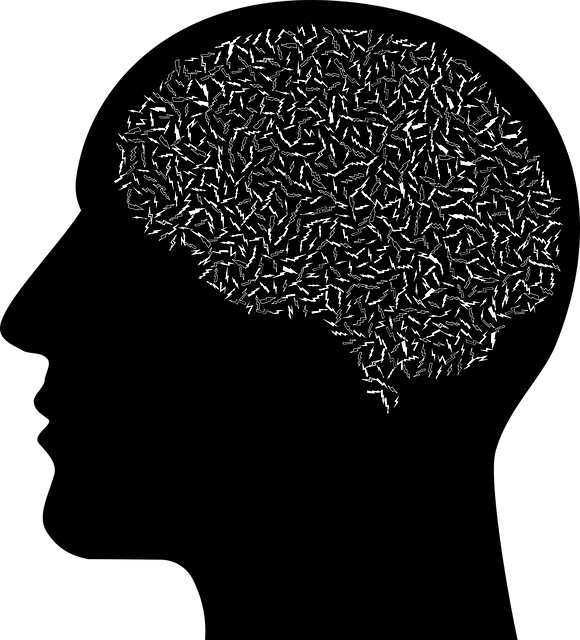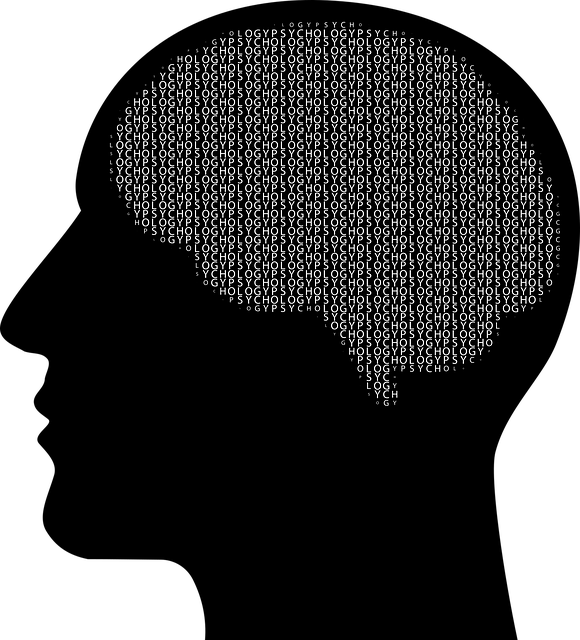Loss and grief can profoundly impact teenagers, with their developing brains making them susceptible to intense emotions. Specialized therapy for adolescent boys addressing mens issues is crucial, employing tailored techniques like CBT and mindfulness practices to foster healthy coping mechanisms and enhance grief processing. Public awareness campaigns destigmatize mental health issues among youth, encouraging them to seek necessary support. This proactive approach prevents prolonged grief, empowering teens to navigate life transitions while promoting long-term well-being.
Loss, grief, and bereavement counseling play a pivotal role in supporting adolescent men navigating emotional challenges. Understanding these complex emotions is crucial for helping teens process loss effectively. This article delves into the unique experiences of adolescent boys, exploring specific issues they face and the therapeutic approaches tailored to their needs. We discuss how counseling can empower young men to heal, cope, and build resilience, addressing critical mens issues in today’s world.
- Understanding Loss, Grief, and Bereavement in Teens
- The Role of Counseling in Supporting Adolescent Men
- Effective Therapy Approaches for Processing Loss and Promoting Healing
Understanding Loss, Grief, and Bereavement in Teens

Loss, grief, and bereavement can profoundly impact teenagers, a critical period of emotional development. Understanding these experiences within the context of adolescent neurobiology is essential to providing effective support. Teens often struggle with the complex emotions that arise after a significant loss, such as the death of a loved one or a major life change. Their brains, still developing, may make them more susceptible to intense feelings and challenges in processing grief. This can manifest in various ways, from withdrawal and depression to anger and rebellious behavior.
Therapy for adolescent teens, especially those dealing with mens issues, can play a pivotal role in navigating these turbulent waters. Professional counselors employ specialized techniques tailored to the unique needs of teens, fostering healthy coping mechanisms and enhancing their ability to process grief. Incorporating elements like social skills training and promoting self-care practices within therapy sessions further empowers teens to manage their emotions effectively. Public awareness campaigns development is also crucial, as it helps to destigmatize mental health issues among youth and encourages them to seek the support they need.
The Role of Counseling in Supporting Adolescent Men

For adolescent men grappling with loss, grief, and bereavement, counseling plays a pivotal role in their emotional healing journey. This is especially true given societal norms that often discourage young men from expressing vulnerability and seeking help for mental health concerns. Therapy provides a safe space where they can process their emotions freely. Through compassionate and tailored support, counselors help these teens cultivate coping skills to navigate the complexities of grief.
Counseling sessions empower adolescent men with self-awareness exercises, enabling them to understand and manage their feelings effectively. They learn valuable compassion cultivation practices that foster empathy and emotional resilience. By engaging in active listening and non-judgmental support, counselors help these young individuals work through their pain, find meaning, and develop healthy coping mechanisms for the long term. This proactive approach is crucial in preventing prolonged grief and promoting overall well-being for adolescent men facing significant life transitions and losses.
Effective Therapy Approaches for Processing Loss and Promoting Healing

Loss, grief, and bereavement can profoundly impact individuals across all ages, with adolescents and men often facing unique challenges in processing their emotions. Effective therapy approaches play a crucial role in helping them navigate this difficult journey towards healing. One proven method is Cognitive Behavioral Therapy (CBT), which focuses on identifying and changing negative thought patterns associated with loss. By challenging unhelpful beliefs and replacing them with more adaptive ones, CBT aids in managing symptoms of depression and anxiety that may arise during the grieving process.
Additionally, incorporating mindfulness practices into therapy sessions has shown significant benefits for adolescent teens and men dealing with loss. Mindfulness encourages individuals to stay present, accept their emotions without judgment, and develop a deeper understanding of their thoughts and feelings related to the loss. This self-awareness fosters better emotional regulation, enabling them to cope more effectively with the complex array of emotions that come with bereavement. The integration of these therapy approaches aims to enhance mental health awareness, prevent depression, and support overall resilience in navigating life’s inevitable losses.
Loss, grief, and bereavement can profoundly impact adolescent boys, making counseling a vital tool for their healing journey. By understanding the unique challenges they face, therapists can employ effective therapy approaches to help process loss and promote emotional well-being. Targeted interventions focused on mens issues within the context of these difficult experiences can foster resilience and support healthy development in teen boys. Seeking professional help equips them with coping mechanisms, enhances their ability to navigate life’s curveballs, and ensures they don’t face these challenges alone.
